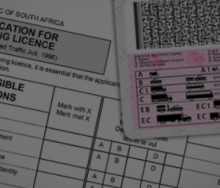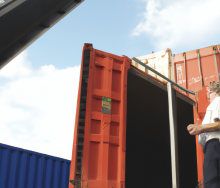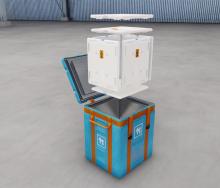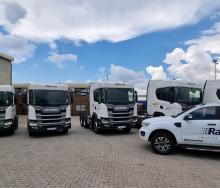HS (Harmonized System) codes are a standardized system of codes used to classify goods for international trade. They are used by customs officials to identify and assess tariffs and taxes on imported and exported goods. In South Africa, HS codes are used by the South African Revenue Service (SARS) to determine the correct duty and VAT for imported goods. For example, an HS code for a specific product, such as a car, would be 8703.23.00. This code indicates that the product is a motor vehicle, the sub-heading is 8703, the heading number is 8703.23 and the sub-heading description is “Other vehicles, with only spark-ignition internal combustion reciprocating piston engine, with cylinder capacity not exceeding 1,000 cc”. This information is necessary to determine the correct import duties and taxes for a car being imported into South Africa.
HS codes are closely related to customs tariffs because they are used to determine the appropriate duty and taxes for imported goods. Customs tariffs are taxes imposed by a government on imported or exported goods. In South Africa, tariffs are determined by the South African Revenue Service (SARS) and are based on the HS code assigned to a particular product. Each HS code corresponds to a specific tariff rate, which can vary depending on the type of product, the country of origin, and other factors.
For example, a car imported into South Africa with an HS code of 8703.23.00 may have a tariff rate of 10%, while a different product with a different HS code may have a higher or lower tariff rate. By using the HS code to identify the product, customs officials can quickly and accurately determine the correct tariff rate to apply.
Here are a few more examples of how HS codes and tariffs relate to different products in South Africa:
- A shipment of frozen chicken with an HS code of 0207.14 has a tariff rate of 12%, whereas frozen turkey with an HS code of 0207.23 has a tariff rate of 10%.
- A shipment of cellphones with an HS code of 8517.12 has a tariff rate of 10%, whereas a shipment of laptops with an HS code of 8471.41 has a tariff rate of 0%.
- A shipment of wine with an HS code of 2204.21 has a tariff rate of 60%, whereas a shipment of beer with an HS code of 2203.00 has a tariff rate of 14%.
It's important to note that tariffs are not only applied to imported goods but also on exported goods, in some cases. It also depends on the agreements that South Africa has with other countries.
In addition, it's also worth mentioning that tariffs are not the only type of taxes that importers and exporters in South Africa need to be aware of. Import VAT (value-added tax) is also applicable to most products, and there may be additional taxes or fees for certain products or industries. Therefore, it's always recommended to consult with a professional or a freight forwarder to ensure compliance with all applicable laws and regulations.










